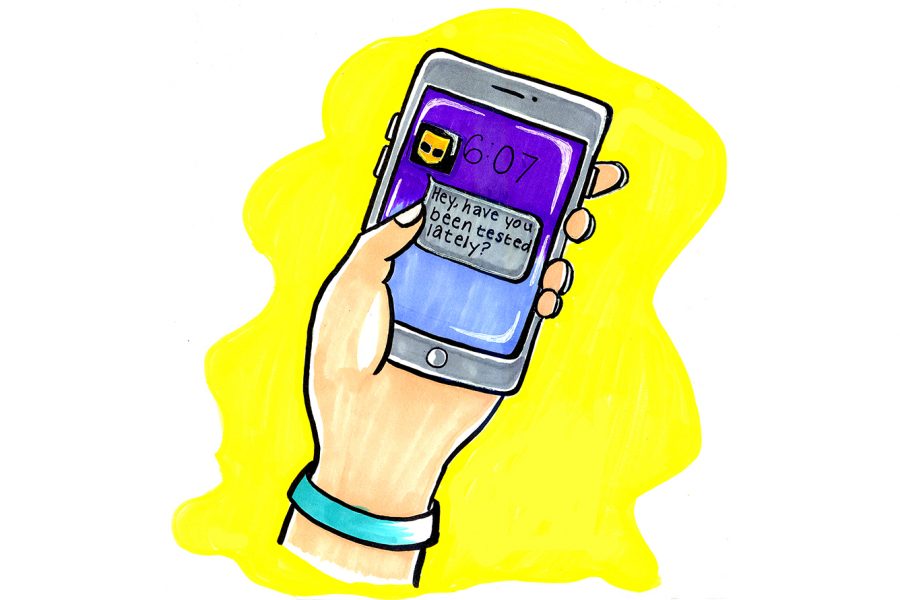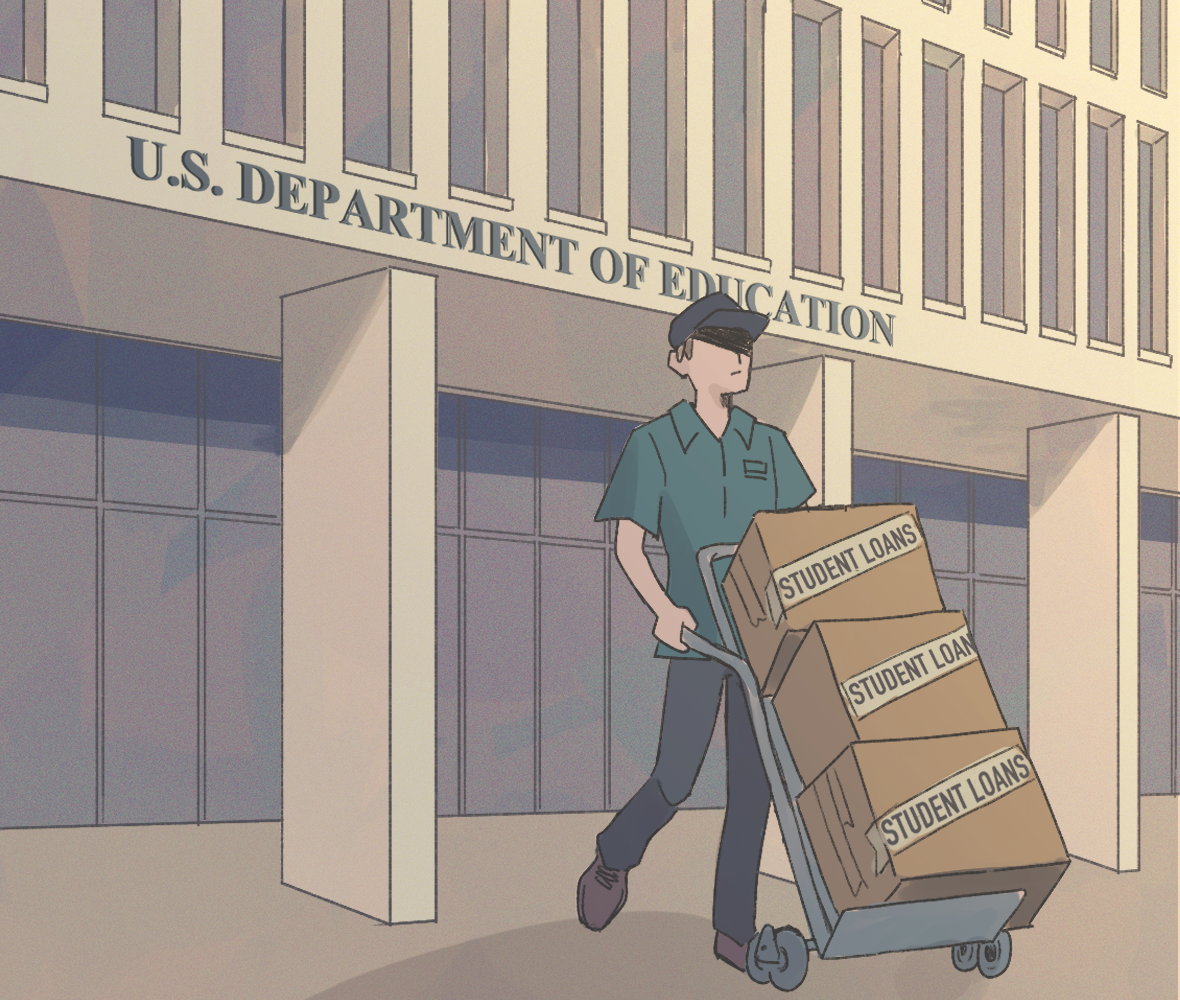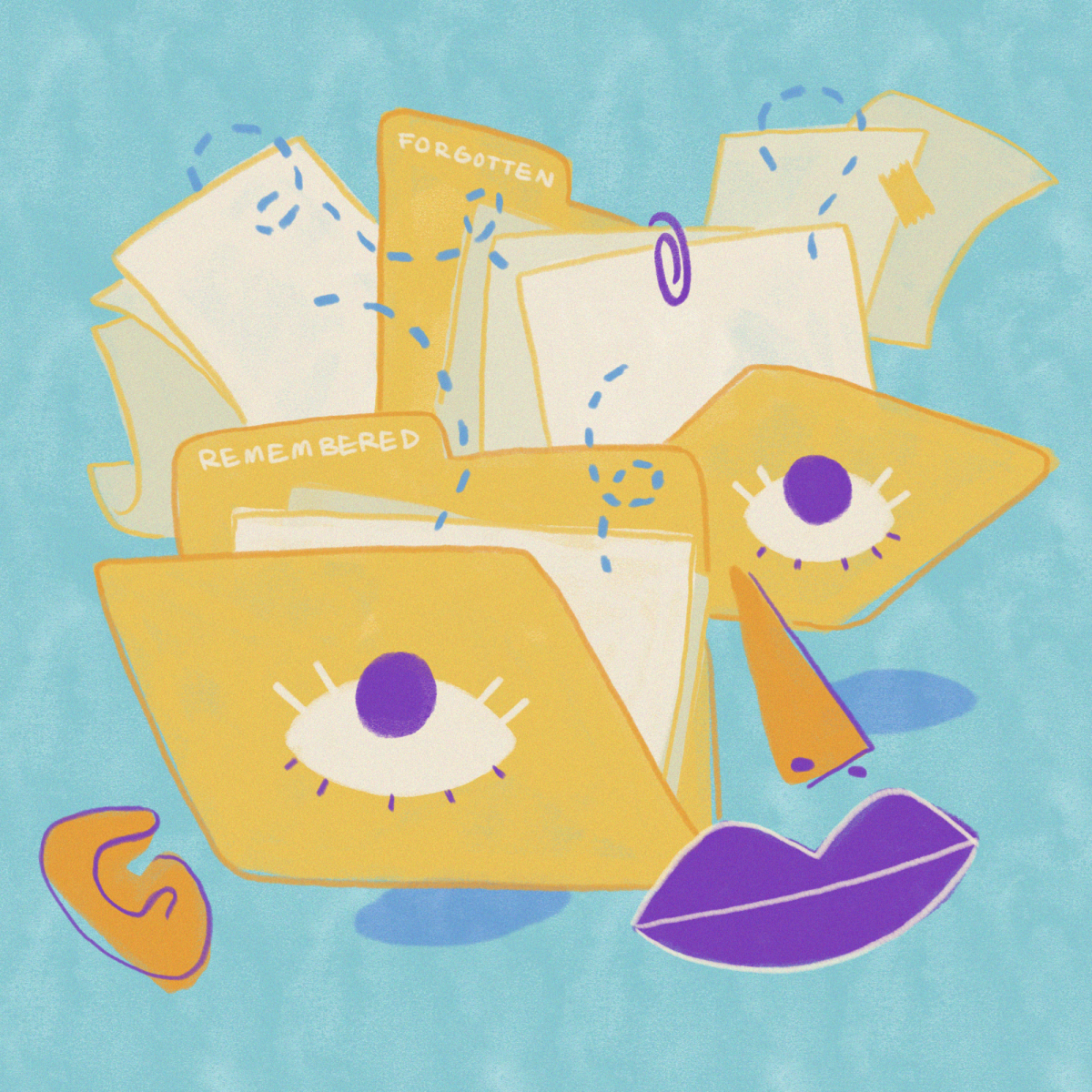The gay dating app Grindr, which claims to have more than 3 million daily users, now offers a feature for users to receive reminders to get HIV tested every 3–6 months.
The reminders debuted late last month and are accompanied by recommendations for the nearest test clinic for users who opt-in to receive the reminders. Grindr already allows users to display their HIV status and “Last Tested Date” as part of their profile, and Jack Harrison-Quintana, Grindr’s vice president of social impact, said this was a logical next step.
“The gay, bi and trans people are especially impacted by HIV, and in places like rural America or the American South where there isn’t a lot of funding for HIV education, Grindr is a great way to reach people who might not otherwise know about testing sites near them or where to find resources for sexual health education,” Harrison-Quintana said in an email.
Thomas Mayer, a supply chain management sophomore, said he has been using Grindr for a few years. Mayer said he thinks the reminders are a good idea because of how the app inherently encourages casual sex and plans to use them.
“If you’re dating around or sleeping around, you’re definitely getting the safety and health recommendations at the source,” Mayer said.
Overall, the rate of new annual HIV infections in the U.S. is declining, according to the Center for Disease Control and Prevention. However, among gay and bisexual men, the number of annual new infections remained stable at about 26,000 per year from 2010–2014. Gay and bisexual men also accounted for 70 percent of new HIV infections in 2014.
HIV lacks a cure but is now a highly treatable disease. Individuals who test positive and begin antiretroviral treatments, which can suppress the virus to an almost undetectable state, can often live healthy lives, said sociology professor Shannon Cavanagh, who teaches a class on HIV and AIDS each fall. The use of antiretrovirals, along with PrEP, a drug that protects against the virus, means those living with HIV can still safely have sex without worry of spreading it.
Nevertheless, Steven Tamayo, a representative for The Q Austin, an LGBTQ community clinic providing HIV testing, said testing still faces stigma due to a lack of awareness surrounding HIV.
“Nobody wants to find out, and then if they do end up finding out that they tested positive, they’re worried (thinking), ‘Bye-bye sex life,’” Tamayo said.
According to the CDC, 1 in 6 gay and bisexual men living with HIV are unaware they have it. So Cavanagh said efforts like Grindr’s are essential to reduce the stigma surrounding testing.
“Would people be ashamed if everyone knew they had cancer?” Cavanagh said. “That this is even a story reminds us of the stigma that still exists around HIV and that this is not just any other chronic condition.”
Cavanagh said Grindr also creates an environment that encourages casual sex, “concurrent relationships” — having multiple sexual partners at a time — and intergenerational sex, behaviors that increase the risk of contracting HIV.
“In terms of the sort of moral responsibility of a place like Grindr, given that it’s designed to exploit this piece of gay culture, which is the hook-up culture … then having this public health piece built into it makes a lot of sense,” Cavanagh said.















